A bunch of Arcturus members had the opportunity to travel to Faial Island in Portugal for a marine robotics summer school program this summer.
There we got to meet grad students and PhD students from Portuguese universities who study different disciplines related to the ocean. I thought it was a really cool experience to see engineers, biologists, and oceanographers all sharing their knowledge and collaborating on projects.
We were split into small groups and tasked with building a marine drifter out of biodegradable materials. The idea was that we would release the drifters and then over the next few days, we would predict where the drifters would go based on our knowledge of the currents in the area.
This was actually a really interesting design problem, since the GPS needs to be sticking out of the water to transmit its location, so the entire assembly needs to be self-righting in case the waves tip it over. We spent a few days building and testing in the bay, and then when we finally deployed the drifters, we were visited by dolphins!
Over the course of the summer school, we had the opportunity to listen to lectures about oceanography, current simulation, animal tagging, and ocean archaeology from experts around the world. We also got to launch AUVs, or autonomous underwater vehicles, to map the bay, and fly drones for fun!
And at some point, we did an ocean safety training in the bay where they taught us all about what it takes to survive and get rescued if you’re lost at sea. The water was super cold, but it really goes to show how important these survival techniques are in keeping warm and finding help.
Other highlights of the program were when we dissected fish and visited a conservation and aquaculture center, which had these cute little turtles! Over the weekend, we got to visit Pico, a neighboring island, where we went cliff diving.
The program was also a great opportunity to explore azores and see the natural beauty we all are working so hard to protect. I mean, just look at this view I saw on a hike at sunset. We also visited the island's caldera, which was formed when a volcano erupted and then collapsed.
Overall, I think the program was a really memorable and fun way to learn a ton about marine robotics and science! If you’re an MIT student or student at a Portuguese university, we’d definitely recommend you apply next year since the travel expenses were all covered!





